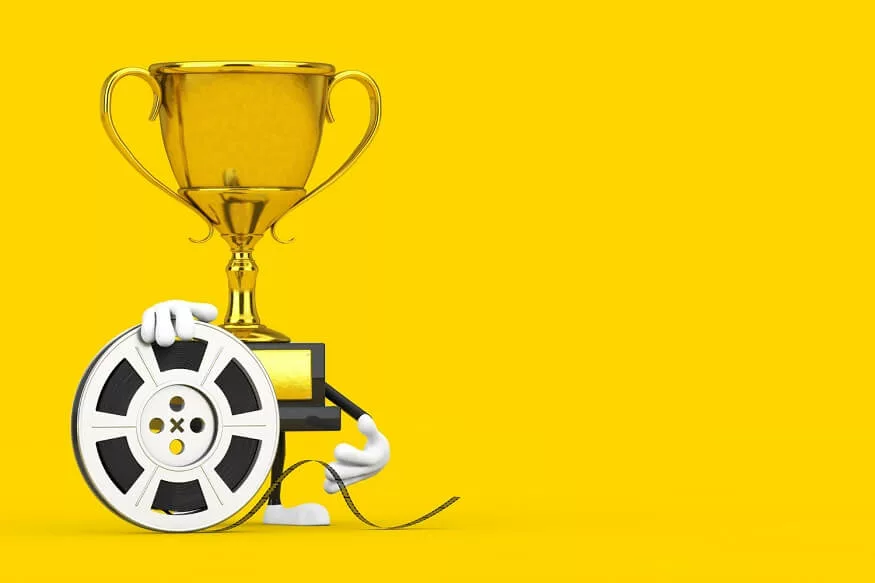In the vibrant landscape of early childhood education, fostering creativity and enhancing learning experiences are pivotal for the holistic development of preschoolers. Among the myriad of educational tools available, the mind mapping method emerges as a beacon of creativity and cognitive growth. This article aims to explore the benefits of incorporating mind mapping into preschool education, shedding light on how this innovative approach can unlock the full potential of young minds.
Understanding the Mind Mapping Method
Before delving into the advantages, it is essential to comprehend the essence of the mind mapping method. Mind mapping is a visual representation of ideas, concepts, and information, structured around a central theme. Radiating branches emanate from the central idea, connecting related concepts in a non-linear and visually stimulating manner. This method transcends traditional linear note-taking, encouraging a more dynamic and associative thought process.
Mind Map Programs for Preschoolers
In the technologically advanced era, mind map programs have become invaluable tools for educators, providing interactive platforms tailored to meet the needs of preschoolers. These programs are designed to be user-friendly, with vibrant colours, engaging graphics, and intuitive interfaces that captivate the attention of young learners. Incorporating such digital tools into the classroom setting can amplify the benefits of mind mapping for preschoolers, making learning an enjoyable and immersive experience.
Also Read: Experiential Learning Theory Meaning and Examples
Benefits of Mind Mapping for Learning
Here are some benefits of mind mapping for learners
Enhanced Memory Retention
Mind mapping engages both the left and right hemispheres of the brain, promoting a holistic understanding of information. The visual and spatial elements of mind maps help children encode information more effectively, leading to improved memory retention. By associating concepts with images and colours, preschoolers can form strong cognitive connections, enhancing their ability to recall information.
Encourages Creativity
Preschoolers are inherently creative beings, and mind mapping nurtures and amplifies this natural creativity. The non-linear structure of mind maps allows for free-flowing ideas, enabling children to explore and express their thoughts without the constraints of traditional learning methods. This creative freedom fosters a positive attitude towards learning and problem-solving.
Develops Critical Thinking Skills
Mind mapping encourages the development of critical thinking skills from an early age. By visualising relationships between different concepts, preschoolers learn to analyse information, make connections, and draw conclusions. This skill set forms a solid foundation for future academic success and is crucial for navigating the complexities of the modern world.
Facilitates Organised Thinking
As preschoolers engage in mind mapping, they learn to organise their thoughts coherently. The hierarchical structure of a mind map assists in categorising information, promoting logical sequencing of ideas. This organised thinking translates into improved communication skills, as children learn to express themselves in a clear and structured manner.
Imagination is the gateway to creativity, and mind mapping serves as a powerful stimulant for the imaginative faculties of preschoolers. By allowing children to connect seemingly unrelated ideas and explore different perspectives, mind mapping cultivates a fertile ground for the blossoming of imagination. This heightened imaginative capacity not only enriches the learning experience but also lays the foundation for innovative thinking in various aspects of life.
Personalised Learning Experience
Every child is unique, with distinct learning preferences and strengths. Mind mapping accommodates the individuality of each preschooler by offering a personalised learning experience. Children can tailor their mind maps to reflect their understanding, interests, and learning style. This customisation empowers them to take ownership of their learning journey, fostering a sense of autonomy and self-directed learning.
Boosts Confidence and Self-Esteem
As preschoolers engage in mind mapping activities and witness the visual representation of their ideas, they experience a tangible manifestation of their cognitive abilities. Success in creating a comprehensive mind map reinforces a sense of achievement, boosting confidence and self-esteem. This positive reinforcement contributes to a child’s belief in their capabilities, laying a solid foundation for future academic challenges.
Transferable Skills for Future Learning
The skills acquired through mind mapping extend beyond the preschool years, serving as a springboard for future learning endeavours. The ability to organise thoughts, make connections, and think critically are transferable skills that prove invaluable as children progress through their academic journey. Mind mapping, therefore, equips preschoolers with a set of skills that will continue to serve them well in higher education and beyond.
Effective Study and Revision Tool
As children advance in their educational journey, the skills developed through mind mapping become instrumental in effective study and revision. The visual nature of mind maps aids in condensing information into a manageable and memorable format. Preschoolers who are introduced to mind mapping early on are more likely to carry these effective study habits into their later academic pursuits, contributing to long-term academic success.
Cultivates a Love for Learning
Beyond the immediate benefits of cognitive development, mind mapping fosters a genuine love for learning. The interactive and visually stimulating nature of mind mapping transforms the learning process into an exciting adventure. When children associate learning with enjoyment, curiosity is sparked, and a lifelong love for acquiring knowledge is cultivated.
Also Read: The Benefits of Mindfulness Education in Schools
What Preschoolers Gain from Mind-Mapping
- Multisensory Learning: Preschoolers learn best through multisensory experiences. Mind mapping integrates visual, auditory, and tactile elements, creating a multisensory learning environment. This approach caters to diverse learning styles, ensuring that every child can engage with the material in a way that resonates with their individual preferences.
- Language Development: Mind mapping provides a rich context for language development. As preschoolers engage in discussions about the various elements of their mind maps, they articulate their thoughts, expanding their vocabulary and language skills. This verbal interaction enhances both receptive and expressive language abilities, laying the groundwork for effective communication.
- Social Interaction and Collaboration: Mind mapping is not limited to individual activities; it can be a collaborative endeavour. When preschoolers work together on a mind mapping project, they develop essential social skills such as communication, cooperation, and teamwork. These collaborative experiences contribute to the overall social and emotional development of the child.
- Fosters a Positive Attitude Towards Learning: The interactive and visually stimulating nature of mind mapping makes learning enjoyable for preschoolers. When education is perceived as a fun and exciting adventure, children develop a positive attitude towards learning that can set the tone for their entire educational journey. Mind mapping transforms learning from a chore into a captivating exploration of knowledge.
Also Read: Growth Mindset: Meaning, Importance, Benefits
EuroSchool integrates mind mapping, fostering creativity and cognitive growth in preschoolers, creating an engaging and effective learning environment.










